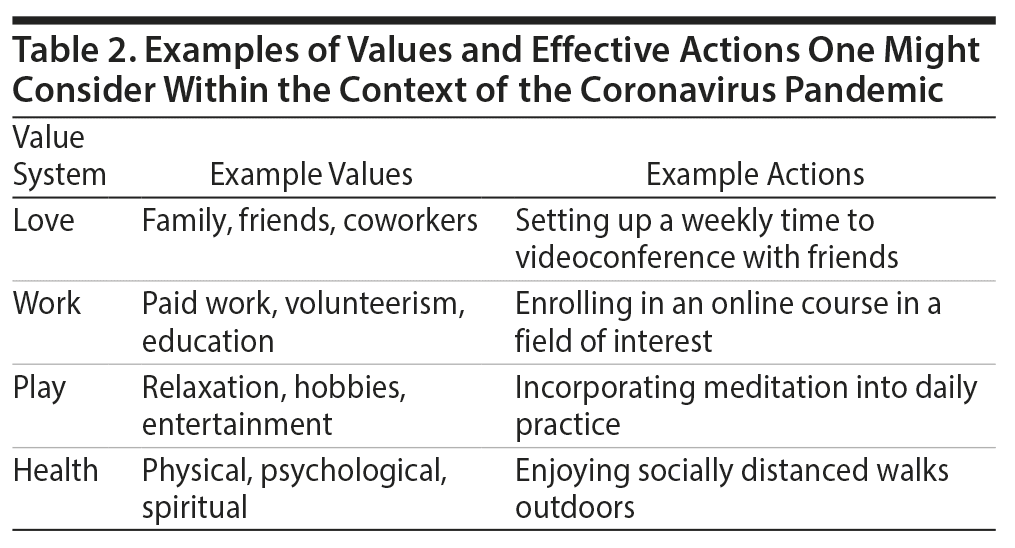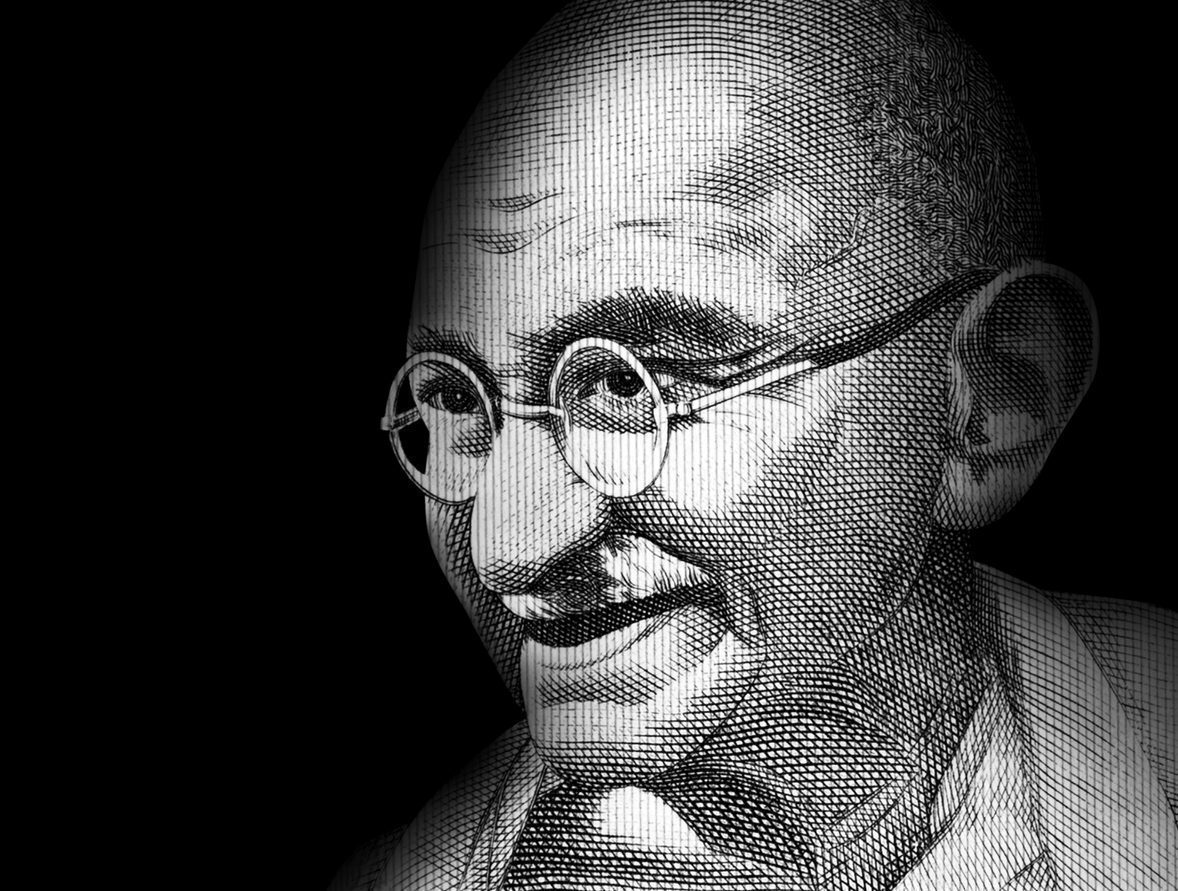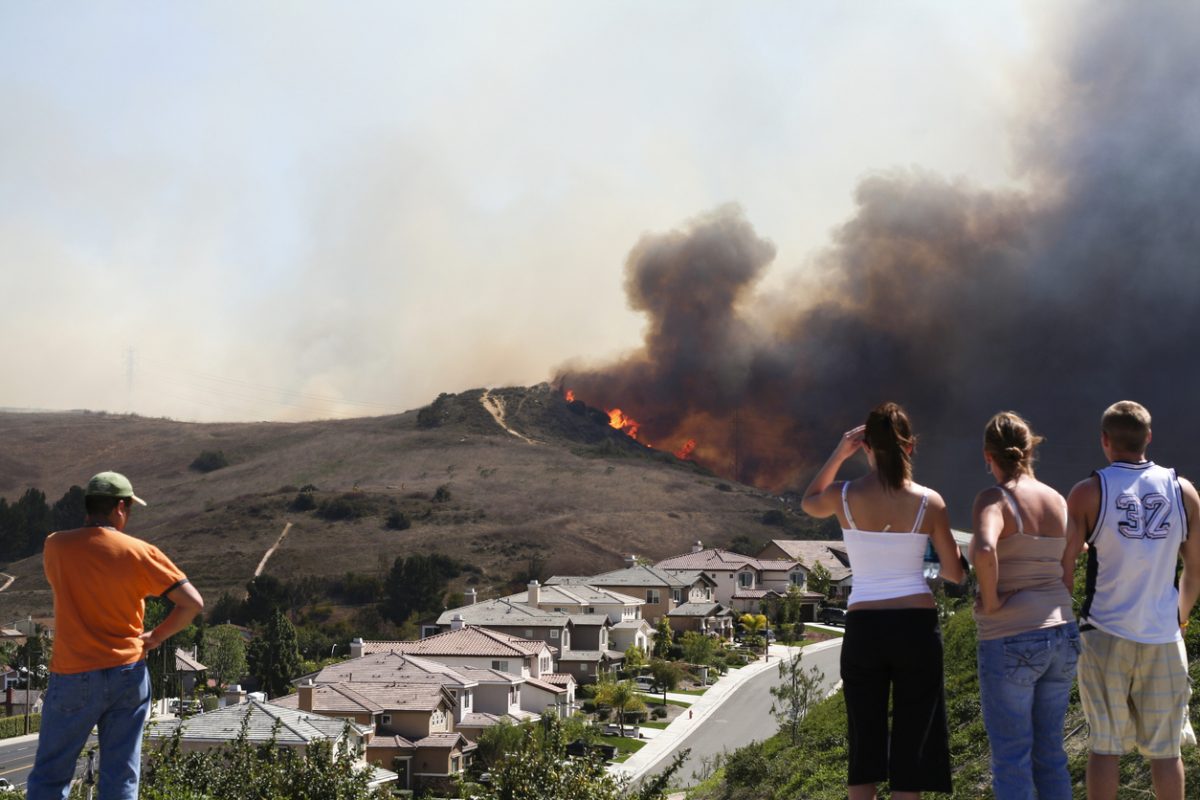
The coronavirus pandemic brings unprecedented uncertainty. Millions have fallen ill worldwide, the US economy has come to a screeching halt, and the timeline for a return to normalcy remains ambiguous. As resident physicians working in a hospital setting, we navigate an unpredictable environment. Testing availability, access to personal protective equipment, the flood of internal communications, and provision of care to ill patients have taken physical and emotional tolls.
As trainees in psychiatry, we thrived by adhering to rules, rituals, and routines. In response to this new crisis, we initially sought to employ our customary coping skills: devise a plan, account for pitfalls, and execute the plan. The routine of a busy work schedule maintains some level of normalcy, imparting a soothing familiarity in a world so radically changed. The meticulous sterility is comforting: we sanitize our hands, sterilize our laptops and stethoscopes, and wear masks for most of our shifts.
Where the defenses that had buoyed us through medical school and residency break down is in the new distance in our relationships—with patients, staff, and coresidents. The sterility has seeped into our interpersonal relationships. Like many residency programs, we are an especially tight-knit group and have grown accustomed to shouldering burdens together and celebrating triumphs as a team. To lose the hugs after a tough day and the ability to sit together and process a challenging patient encounter feels heartbreaking in a time already weighted with loss.
This crisis carries uncertainty and an onslaught of new threats. We explore how our defenses, or the psychological strategies we employ to maintain integrity and reduce anxiety in response to threats, interact with challenges of the pandemic. We offer what we have learned through our training in psychiatry and discuss how we can thoughtfully move through this time, in hopes that our lessons learned may benefit other practitioners.
The Shifting Landscape of a Pandemic
The landscape of our world, including the coping tools and traditional defenses on which we rely, has fundamentally changed. In psychology, we conceptualize defenses as adaptive, in which problems are confronted directly, and maladaptive, in which responses are ineffective. Explanations and examples of immature, maladaptive defenses are summarized in Table 1.1 We find many of our usual adaptive coping skills and diversions no longer safe due to social distancing requirements: spending quality time with loved ones, going to the gym, and attending a concert. Some outlets that were formerly conceptualized as maladaptive, such as spending hours in front of the computer and days on end at home, are now required to maintain one’s livelihood.
The maladaptive tendencies that previously afflicted us of course remain intact: ruminating, catastrophizing, and overgeneralizing. As we spend more time in our homes, removed from our social supports and usual routines, we may find ourselves falling prey to these thinking traps more often. These maladaptive coping skills may lead us to feel inadequate, worry about the future, or feel anxious about our lack of control.
Other adaptive coping skills have emerged as new favorites: people are relying more heavily on in-home yoga, journaling, baking, crafting, and meditation. We are reconnecting with old friends and taking the time to nurture important relationships. This crisis offers a space to develop new coping strategies and strengthen our mature defenses.
Toward Acceptance and Commitment
The coronavirus pandemic poses new challenges, opportunities, and substantial uncertainty. To help us navigate this climate, we turn to the core principles of Acceptance and Commitment Therapy (ACT).2 ACT employs a combination of acceptance and mindfulness strategies, helping us stay present, open up to unpleasant feelings, and move toward valued behavior. We use the pandemic to explore the 6 core principles of ACT: cognitive defusion, acceptance, observation, contact, values, and committed action.
The first of these principles, cognitive defusion, can be considered the opposite of cognitive fusion. While we navigate a complex environment, our minds seek simplicity. To achieve this, we might combine images, words, memories, and emotional responses. For example, consider discovering that a conference that is months away is cancelled. In addition to the language of the message itself, we may be overwhelmed by the image of sitting in our homes for months on end, recent memories of challenging shelter in place experiences, and the associated feelings of loneliness and restlessness. Fusion of this language, imagery, memory, and emotional response provides a simple narrative: this conference being cancelled means we will feel lonely and restless for the foreseeable future. However, such simplification hampers our ability to separate a relatively benign event (cancellation of a conference) from other memories and emotions (recent challenging experiences; loneliness and restlessness). Moreover, we could inadvertently dichotomize our worlds into extrema of good and bad—the light and the dark—despite the fact that, in reality, it exists in myriad shades and colors. The first principle of ACT requires that we employ cognitive defusion: we separate images, memories, language, and emotions. In doing so, we more effectively address our emotions and move toward effective action.
The next principles of ACT—acceptance and observation—require that we embrace unpleasantries. By naming and experiencing unpleasant feelings, our ability to effectively cope grows. Returning to the example of the cancelled conference, we cannot change our reality. As opposed to fighting the anxiety directly, consider an acceptance of the unpleasant feeling. Observe where it is physically experienced most strongly: a tightness in the chest, a heaviness in the stomach. Acknowledge the feeling rather than resisting it. By accepting the anxiety, it may bother us less.
This pandemic poses a substantial threat to our well-being: uncertainty about the future. To combat this, we must establish contact with the present moment, the fourth principle of ACT. The present is the only temporal domain in which we yield power, as we cannot change the past nor predict the future. As described above, we can acknowledge unpleasant feelings in the moment. We can experience our anxiety about the cancelled conference with openness and interest.
Finally, we turn to the fifth and sixth core principles of ACT: values and effective action, which require that we know where we are (contact with the present moment) and where we would like to go (our values). We must be psychologically present to be aware of our environment and our reactions. Once we reside in the present, we can discover what matters most to us: our values (Table 2). For example, we might note that one of our values is community. In the context of the cancelled conference, we remember that spending time with loved ones embodies this value. Thus, we may reach out to social supports and share our anxiety about the cancelled conference. Through acceptance and commitment, we possess the capacity to cope and to explore options for effective action.
What Lies Ahead
Clinicians can adopt ACT principles in their patient work, as well their personal lives, to grapple with a situation that at times appears insurmountable. As our worlds shift, we can adapt and facilitate adaptation for our patients. We can turn to acceptance, as opposed to problem solving, to find stability and calm. Emphasis that acceptance does not imply amotivation is important: committed action can and should follow.
Received: May 14, 2020.
Published online: June 9, 2020.
Potential conflicts of interest: The authors declare no conflicts of interest.
Funding/support: The authors are funded by grant R25MH094612 from the National Institute of Mental Health.
REFERENCES
1.Cabaniss DL, Cherry S, Douglas CJ, et al. Psychodynamic Psychotherapy: A Clinical Manual. 2nd ed. West Sussex, UK: John Wiley & Sons, Ltd; 2016.
2.Hayes SC, Strosahl KD, Wilson KG. Acceptance and Commitment Therapy: The Process and Practice of Mindful Change. 2nd ed. New York, NY: Guilford Press; 2012.
aDepartment of Psychiatry, Massachusetts General Hospital, Boston, Massachusetts
bMcLean Hospital, Belmont, Massachusetts
*Corresponding author: Joshua D. Salvi, MD, PhD, 15 Parkman St, WACC 812, Boston, MA 02114 ([email protected]).
J Clin Psychiatry 2020;81(4):20com13468
To cite: McDowell MJ, Salvi JD. Casting light from the shadows: coping and defenses amidst a pandemic. J Clin Psychiatry. 2020;81(4):20com13468.
To share: https://doi.org/10.4088/JCP.20com13468
© Copyright 2020 Physicians Postgraduate Press, Inc.
This PDF is free for all visitors!






